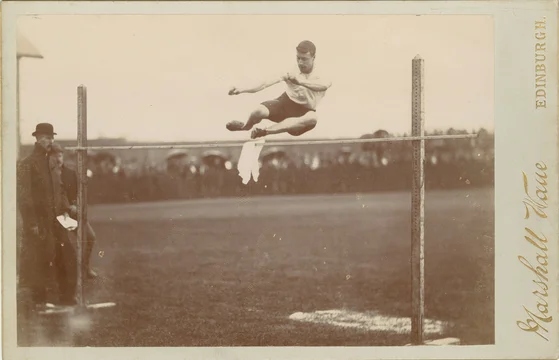
It happens all of the time: You've got arguments A, B, and C that you want to fit in your brief, but you don't have the space to address them all.
What to do? Cut the weaker arguments?
For most attorneys, the answer is: of course not! They move the lesser argument to a footnote in a hail-mary attempt to win if the better arguments fail.
Does it work? Not usually. Here in D. Del., judges have suggested that parties waive arguments when they present them only in cursory footnotes, and Judge Noreika recently noted that "courts traditionally do not consider arguments presented entirely in footnotes." Nw. Univ. v. Universal Robots A/S, C.A. No. 21-149 (MN), 2022 U.S. Dist. LEXIS 56117, at *15-16 (D. Del. Mar. 28, 2022).
But, every once in a while, that hail-mary pass comes through. Today, in Express Mobile, Inc. v. GoDaddy.com, visiting Judge Kennelly granted a Daubert motion—potentially a big win!—based on a one-sentence argument in a footnote that the other side did not respond to:
Express Mobile makes one final argument with respect to the GE Agreement: it argues that "Mr. Perry's opinions as the Web Components should be excluded for the additional reason that those patents had not yet issued at the time of the patent auction." Dkt. no. 158 at 35 n. 8. GoDaddy does not address this argument, and the Court finds it persuasive. Any opinion by Perry regarding the Web Component Patents based on the GE Agreement is excluded.
Express Mobile, Inc. v. GoDaddy.com, C.A. No. 19-1937-MFK, D.I. 261 at 48 (D. Del. Aug. 10, 2022).
My use of "one-sentence" may be a bit of a stretch here, as the original brief included footnote with a sentence and a supporting citation with a parenthetical. But it's still a good reminder not to let arguments go unrebutted just because they are not overly developed!
P.S., Judge Kennelly's opinion is lengthy, coming in at 53 pages, and addresses quite a few issues, including claim construction, multiple summary judgment and Daubert motions, and two opposing motions to strike (both ultimately denied based on the Pennypack factors). It's a good read that gives a sense of visiting Judge Kennelly’s writing style and views on SJ, Daubert, and Pennypack issues.
If you enjoyed this post, consider subscribing to receive free e-mail updates about new posts.




